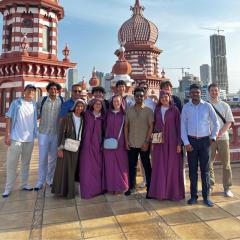Ten undergraduate students from the School of Civil Engineering have returned from a transformative two-week study tour in Sri Lanka, made possible through the New Colombo Plan (NCP) Mobility Program, an initiative of the Australian Government supported by the Department of Foreign Affairs and Trade (DFAT).
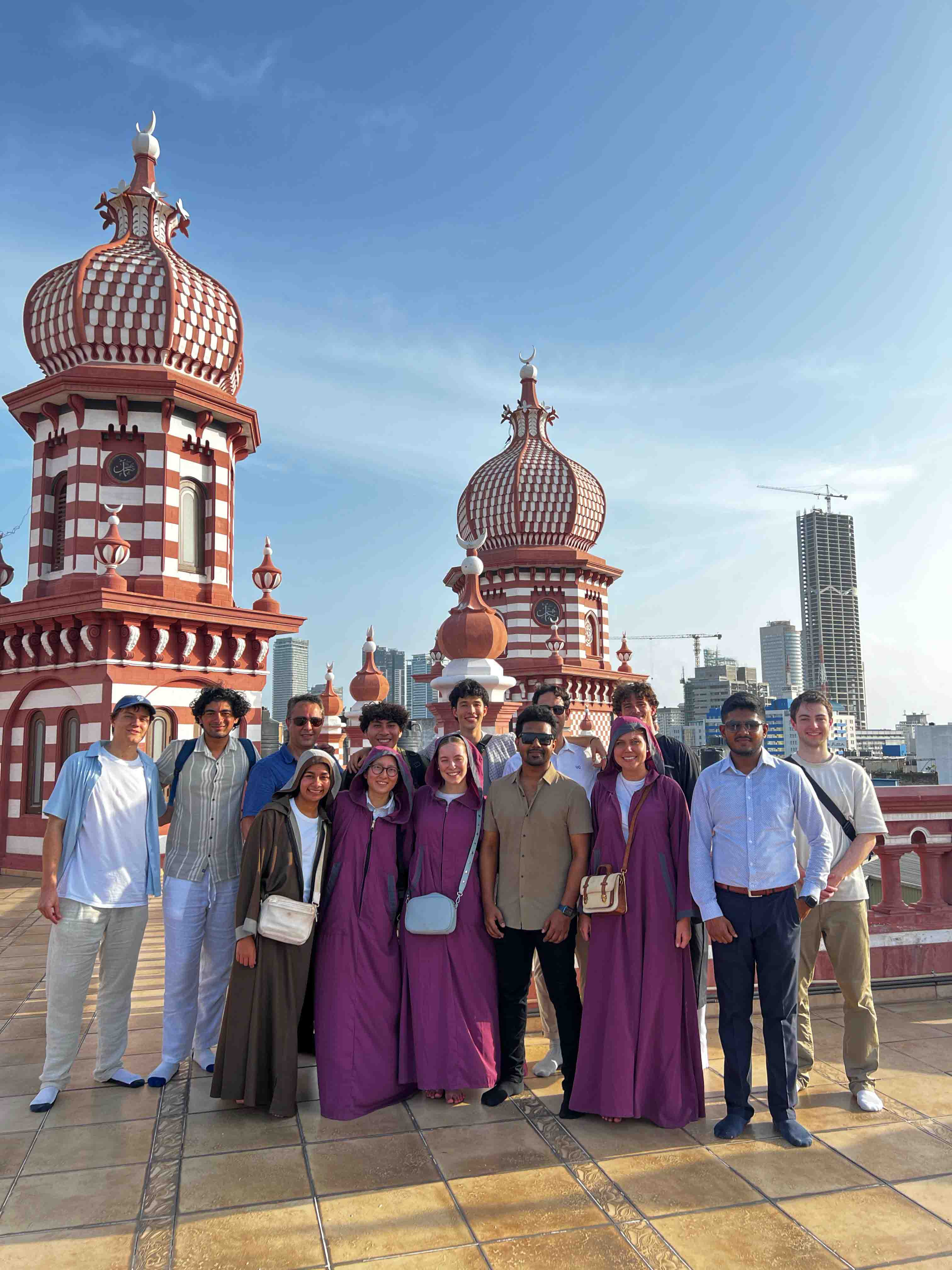
Led by Dr Mehdi Serati, Senior Lecturer and Director of Research at the School of Civil Engineering, and supported by Jyrah Hodges and Melinda Knox from EAIT’s International Engagement Team, the program was hosted in collaboration with SLIIT University (Sri Lanka Institute of Information Technology). It provided students with an immersive educational experience that combined technical knowledge, cultural discovery, and international collaboration.
“With our talented UQ students wrapping up their journey at SLIIT, it’s been an unforgettable experience of learning, connection, and cultural appreciation,” said Dr Serati. “We are incredibly grateful for the warm hospitality of our hosts and the opportunity to build lasting academic and professional relationships.”
The program featured a balance of academic sessions and cultural exploration. Students attended a range of lectures covering Sri Lanka’s history, language, and civil engineering practices, with a particular focus on geotechnical and structural engineering. One standout moment was a presentation by renowned Sri Lankan engineer Mr Shiromal Fernando, who shared his inspiring journey from dreaming of designing Colombo’s skyline to playing a central role in shaping 90% of it. His discussion of the iconic Lotus Tower and the innovative solutions used during its construction left a strong impression on students.
Ethan Sproule, a second year Civil Engineering student and tour participant, reflected:
“The technical lectures were insightful, and hearing Mr Fernando’s story was incredibly inspiring. Learning about the challenges they overcame while building the Lotus Tower gave us real-world context to the concepts we study.”
Armed with cultural context and a few key Sinhalese phrases, students explored Sri Lanka’s vibrant history and heritage. In Colombo, they visited the Pettah Markets, St Anthony’s Shrine, and Jami Ul-Alfar Mosque. Their journey continued inland to Kandy, where they observed a midday service at the Temple of the Tooth, and then north to Dambulla, where they visited two UNESCO World Heritage sites: the Sigiriya Rock Fortress and the Dambulla Cave Temple. Both ancient engineering marvels feature sophisticated water management systems and remain structurally sound after centuries.
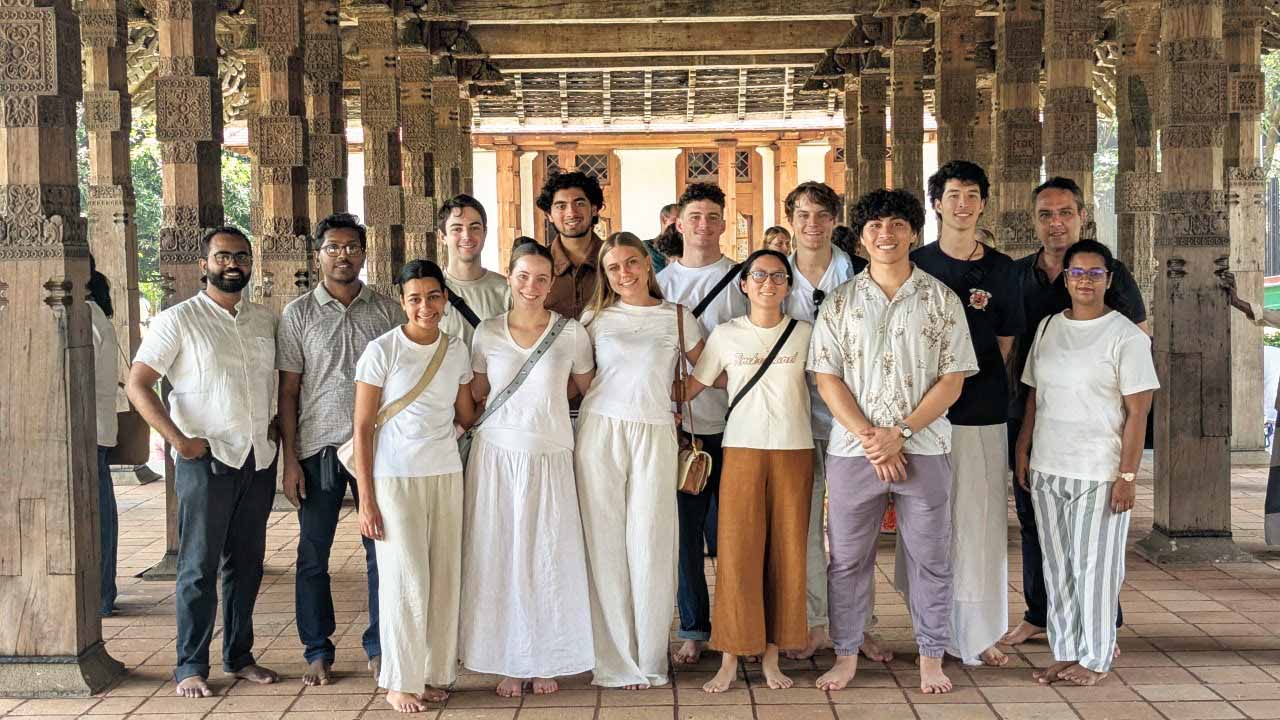
Students also gained exposure to major infrastructure projects through site visits coordinated by the SLIIT team, including the Mahaweli Development Program and the Central Expressway Project. A highlight was the tour of the maintenance tunnels at the Victoria and Rantambe dams, where project engineers generously shared their time and expertise.
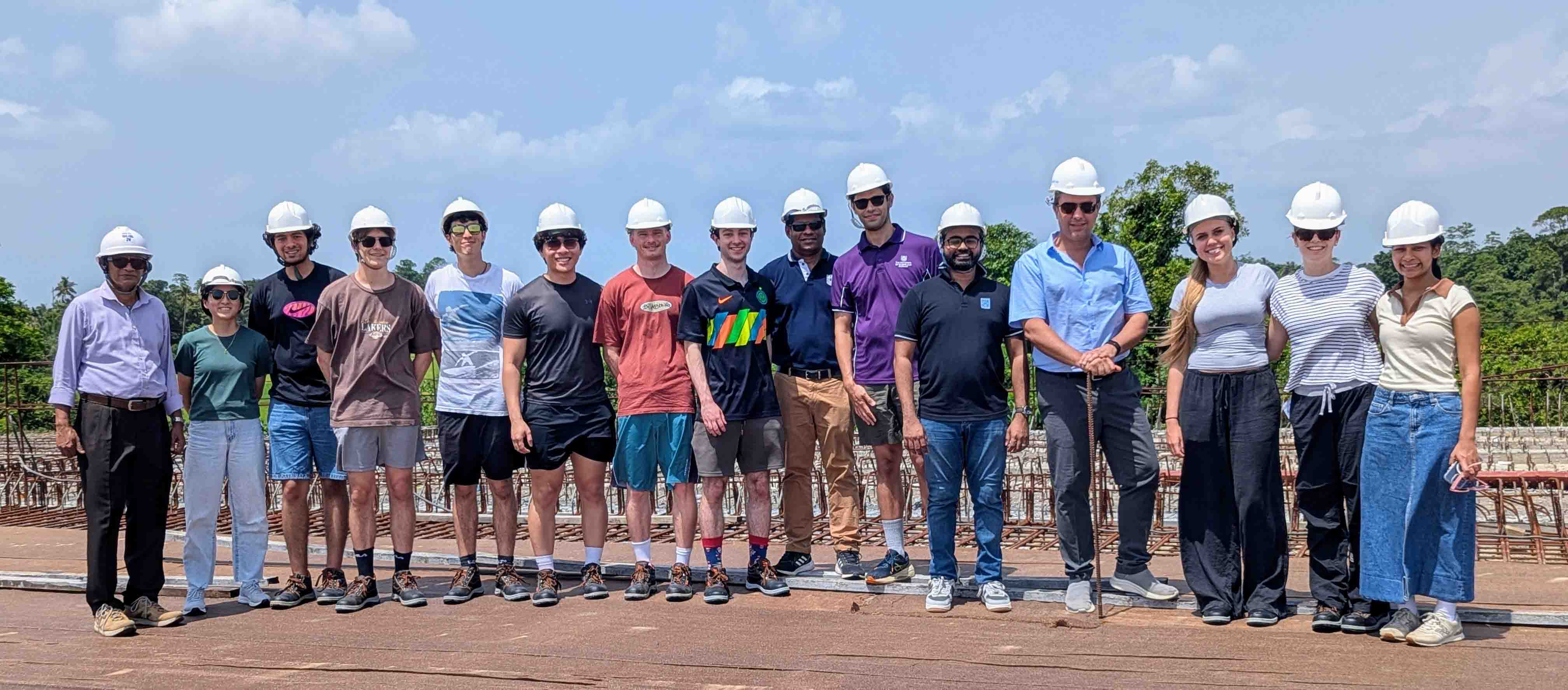
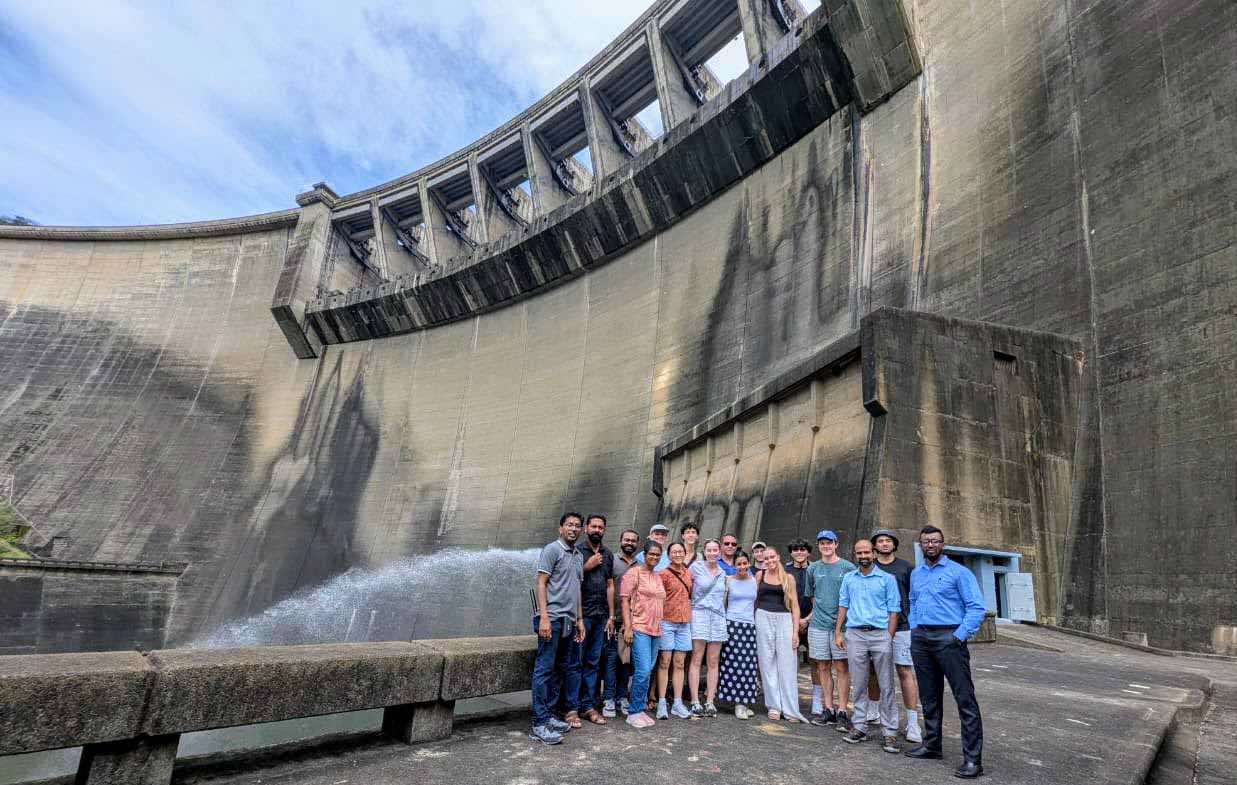
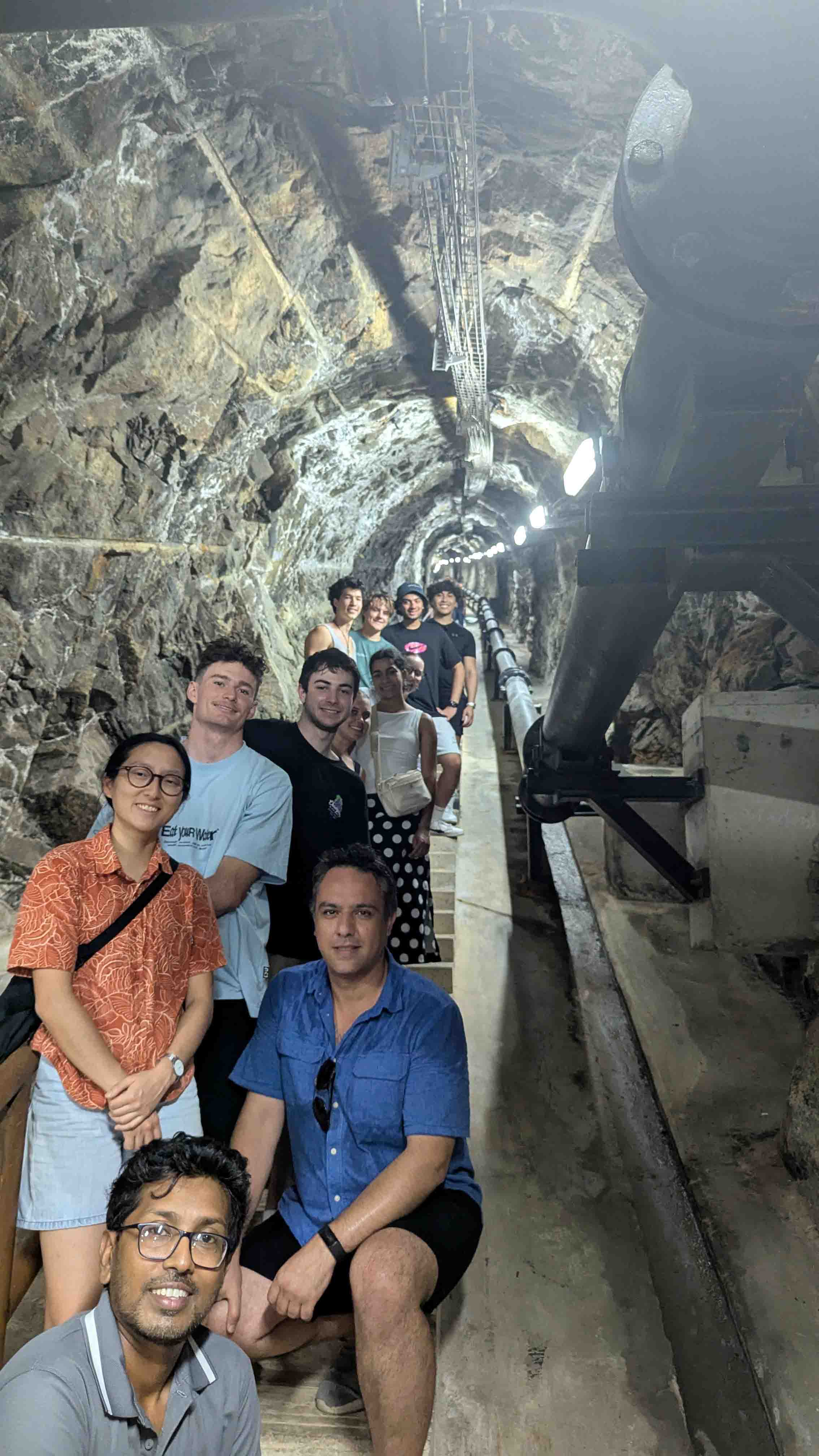
“We deeply appreciated the time engineers took to guide us through such large-scale projects,” Ethan added. “Seeing the scale and complexity firsthand was invaluable.”
Dr Serati acknowledged the many individuals and institutions that made the tour a success, extending his gratitude to the NCP Program, SLIIT University, and key collaborators: Prof Ayantha Gomes, Prof Janaka Perera, Dr Susantha Shameera, and Mr Dinitha Vidurapriya.
“This experience has not only broadened our students’ global perspectives, but also strengthened the partnership between UQ and SLIIT,” Dr Serati said.
“We look forward to continued collaboration through future mobility programs and research initiatives.”
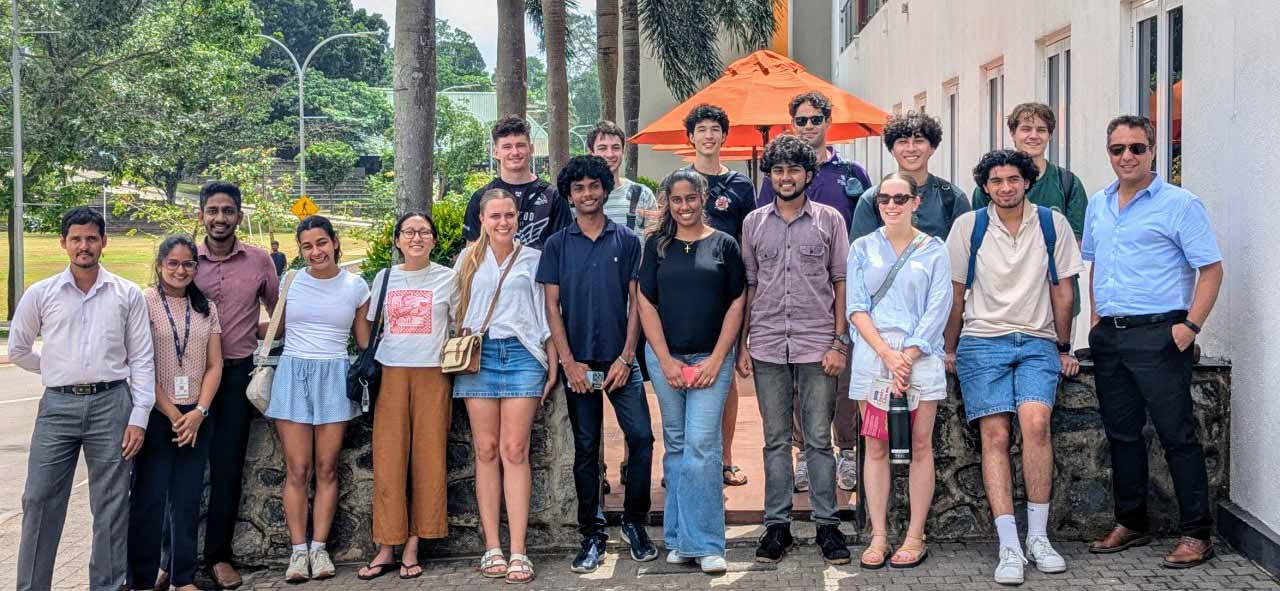
Through technical exchange, cultural understanding, and shared experiences, this NCP study tour showcased the power of international education in shaping the next generation of globally aware civil engineers.

